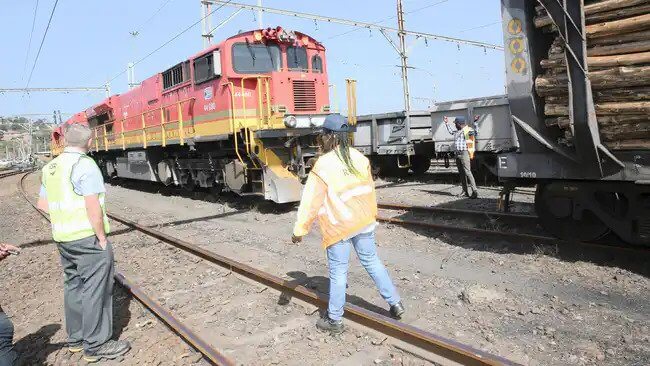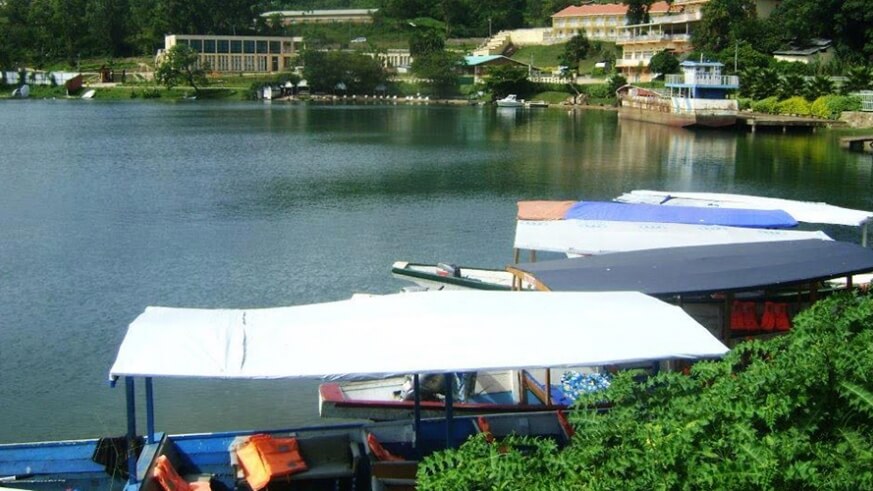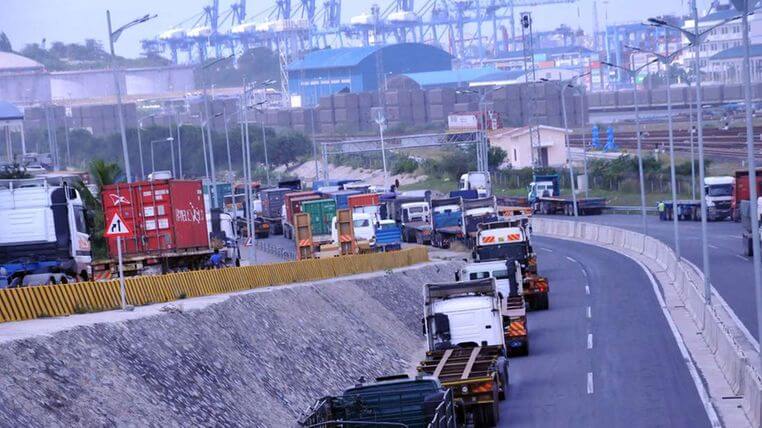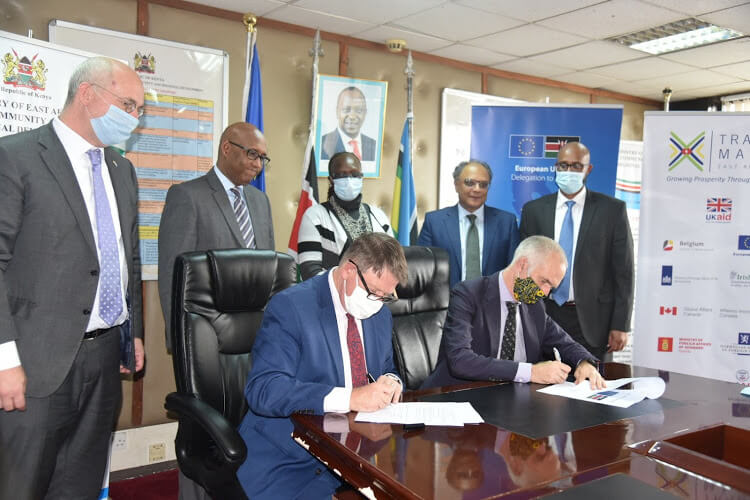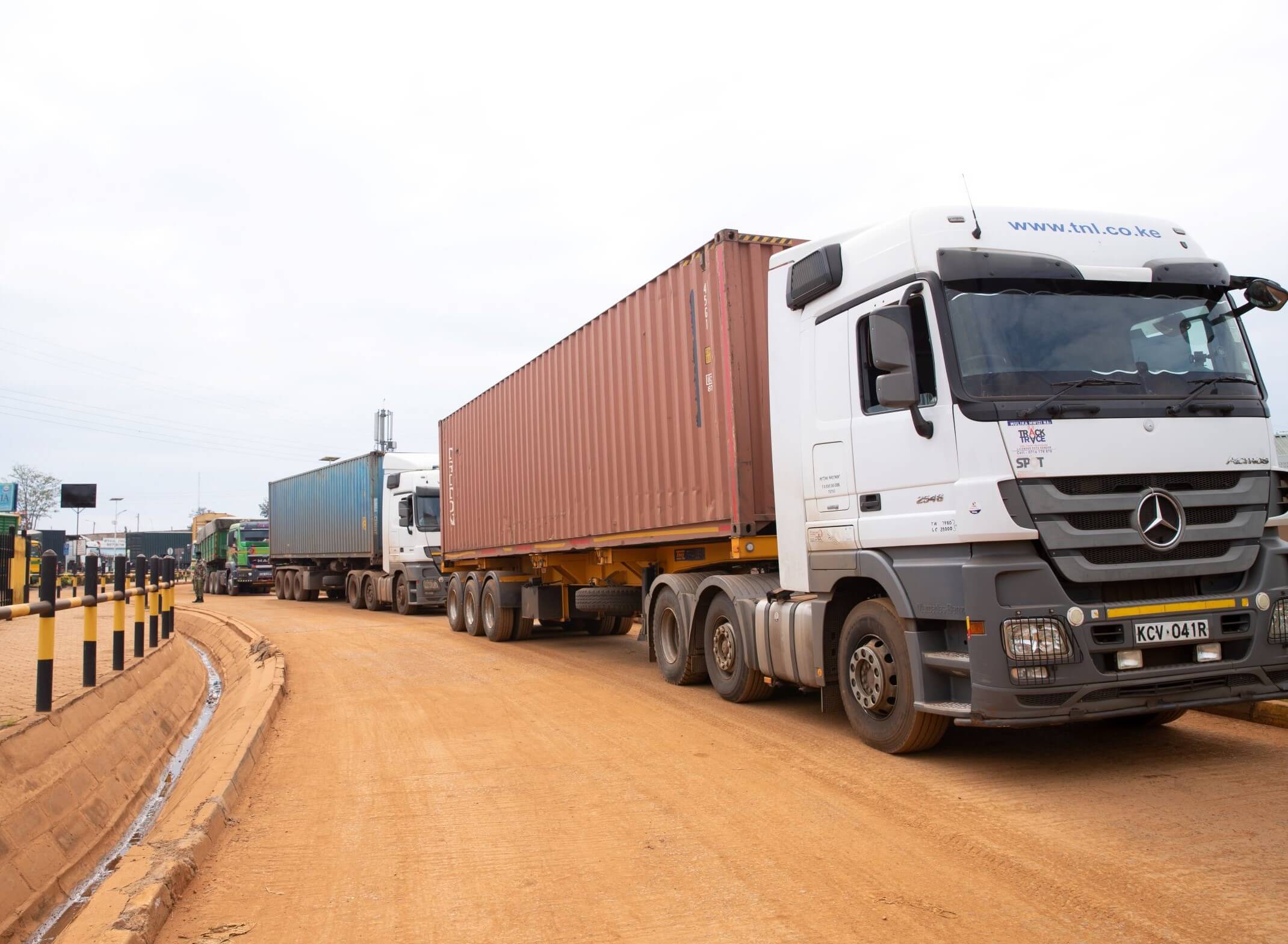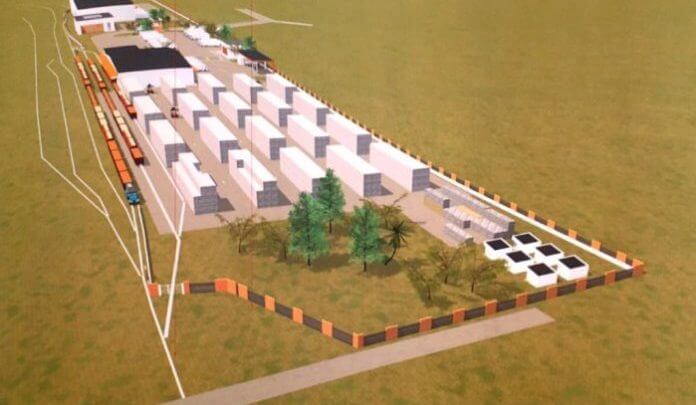Transnet is embedding the “new normal” of the Covid-19 environment for the staff of its freight and transport operations and is dismantling a command centre it set up during the earlier lockdown to make it part of regular operations. CAPE TOWN – Transnet is embedding the “new normal” of the Covid-19 environment for the staff of its freight and transport operations and is dismantling a command centre it set up during the earlier lockdown to make it part of regular operations. This was according to Transnet chief executive Portia Derby, who spoke about the impact of the pandemic on the freight and logistics environment at an SA Transport Conference and International Road Federation-hosted webinar yesterday. Derby said the pandemic had a big impact on trade flows. Some vessels had been delayed at Cape Town harbour due to infections among port workers. Sometimes, vessels would by-pass Cape Town on their return route, and vessels calling at South African ports faced problems in meeting their European port schedules. At one stage, workers had to be brought in from Durban to help boost Cape Town’s port operations, she said. She said the transport and logistics sectors still faced some tough months. She questioned the view among many economists that gross domestic product (GDP) growth would suddenly recover to 3.1 percent in 2021, from the GDP decline of up to -9.3 percent that was expected this year. She said virtually every country in Africa with which Transnet dealt had a large budget deficit and high debt,...
Transnet embeds Covid-19 ‘new normal’ in its operations, breaks up command centre
Posted on: August 17, 2020
Posted on: August 17, 2020

